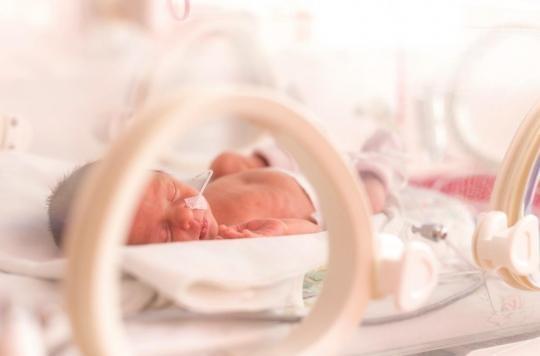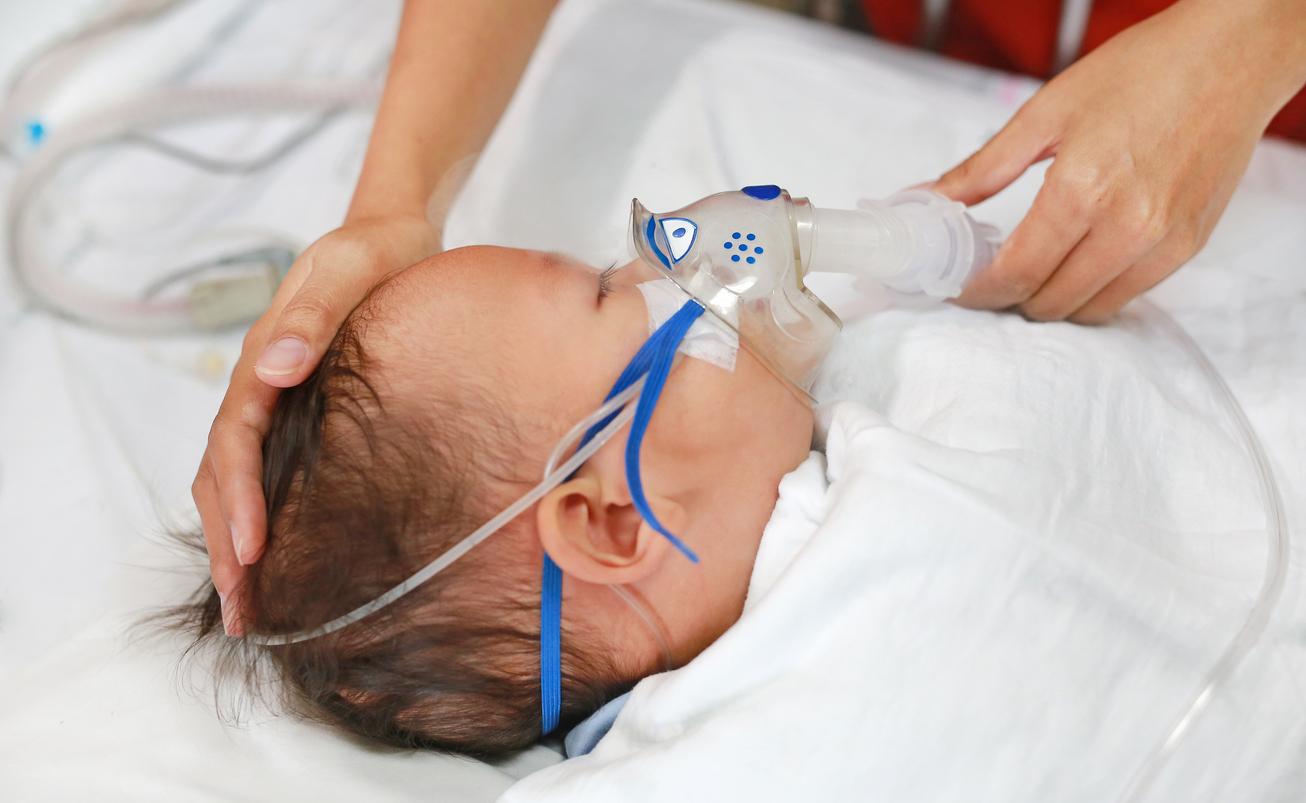Premature infants’ immune systems can very well catch up, even those born before 28 weeks’ gestation, according to a new study.

Every pregnant woman is afraid of giving birth before the expected date. A premature baby (before eight and a half months of gestation) has not reached the same level of development as a full-term child and presents a more or less marked immaturity of the organs, and therefore more or less dangerous according to its gestational age. . According to Insermfour organs are mainly concerned: the brain, the lungs, the digestive tract and the arterial canal.
Unfortunately, in France, between 50,000 and 60,000 children are born prematurely each year. Today, 85% of these babies are said to be medium premature (32-37 WA), 10% extremely premature (28-32 WA) and 5% very extremely premature (born less than 28 WA). However, according to a new study published on March 9 in the journal NatureCommunicationsthe immune system of these premature infants may very well catch up.
To reach these happy conclusions, English researchers from King’s College London and Homerton University Hospital followed babies born before 32 weeks of pregnancy. By observing their immune cells, they were able to determine whether their immune profile changed in the weeks following delivery.
Even Babies Born Very Early Can Develop a Normal Immune System
They thus noticed that babies born before 28 weeks were those who evolved the most. Overall, all babies’ immune profiles converged in the same direction. Thus, regardless of the number of weeks of pregnancy at the time of birth, the development of all components of the immune system (white blood cells, antibodies, etc.) follows a defined path after birth.
“These data highlight that the majority of immune development takes place after birth and that even babies born very prematurely have the ability to develop a normal immune system.”, summarizes Dr. Deena Gibbons, lead author of this study.
However, premature babies tend to suffer from more infections and some infants in the study were no exception. The researchers had noticed a reduction in CXCL8-producing T cells in them at birth. Thus, infants at risk of infections and complications during the first months of life could be identified soon after delivery, which could help doctors better prevent dangers.
“We continue to investigate the role of the CXCL8-producing T cell and how it can be activated to help babies fight infection. We also want to take a closer look at other immune functions that change during infection to help improve outcomes for this vulnerable group.”says Gibbons.
More difficulties in adult life?
In addition to the health risks that premature babies face after birth, these children have also been shown to face more challenges later in life.
According to a study published in July in the Journal of the American Medical Association, children born prematurely would be more likely to suffer from autistic disorders, or even to show signs of neurosis. These babies would often become introverted adults, which could have consequences on their educational and professional paths, but also about their love life.
.
















